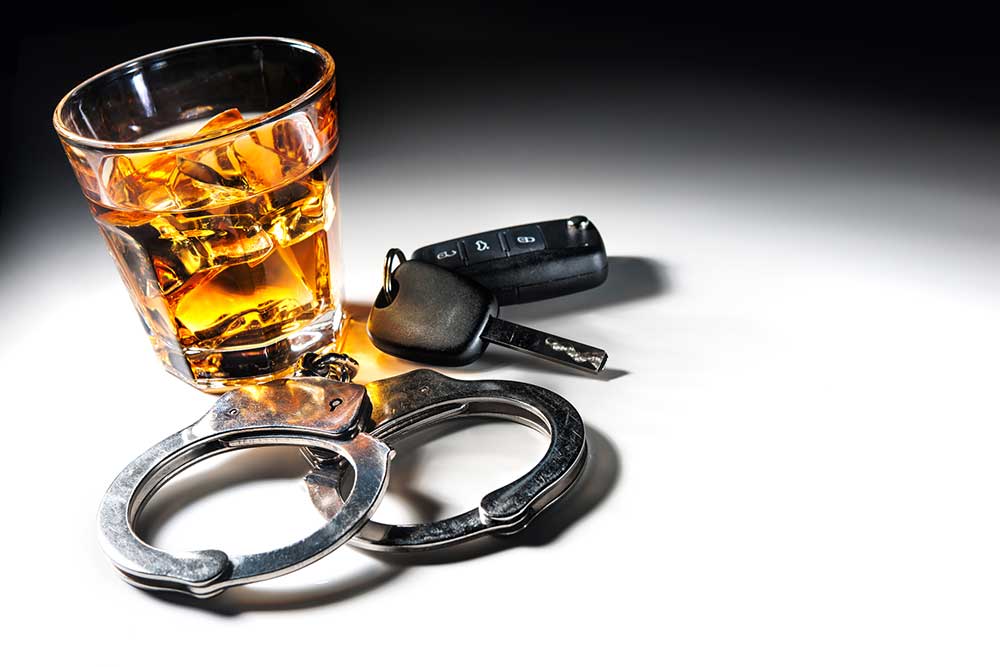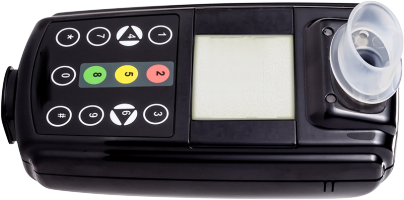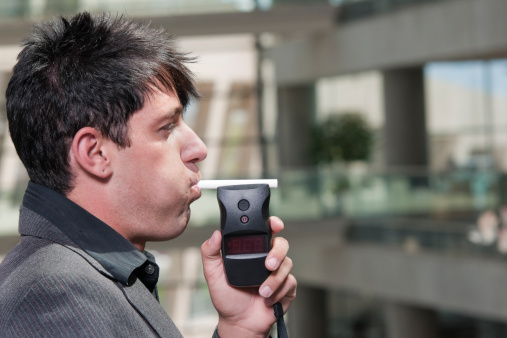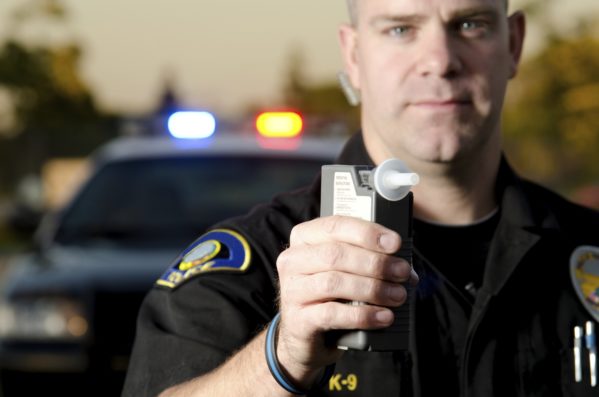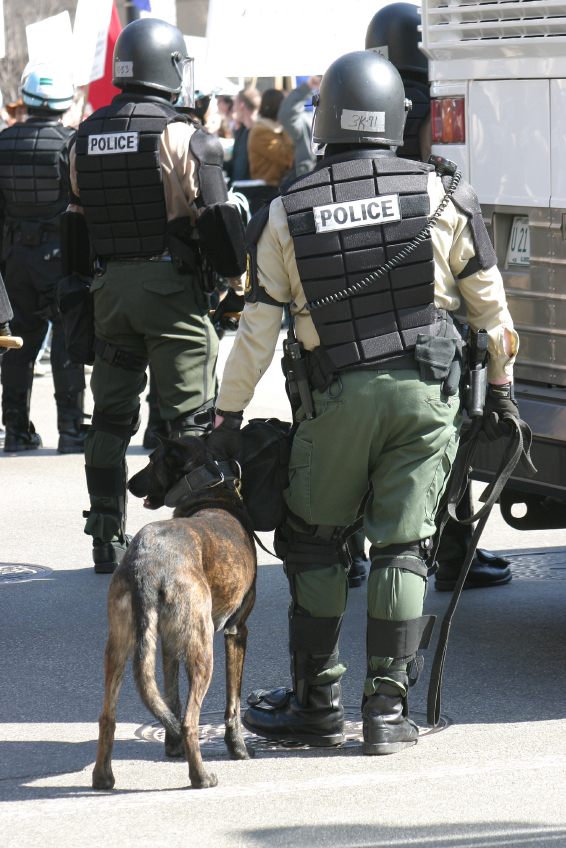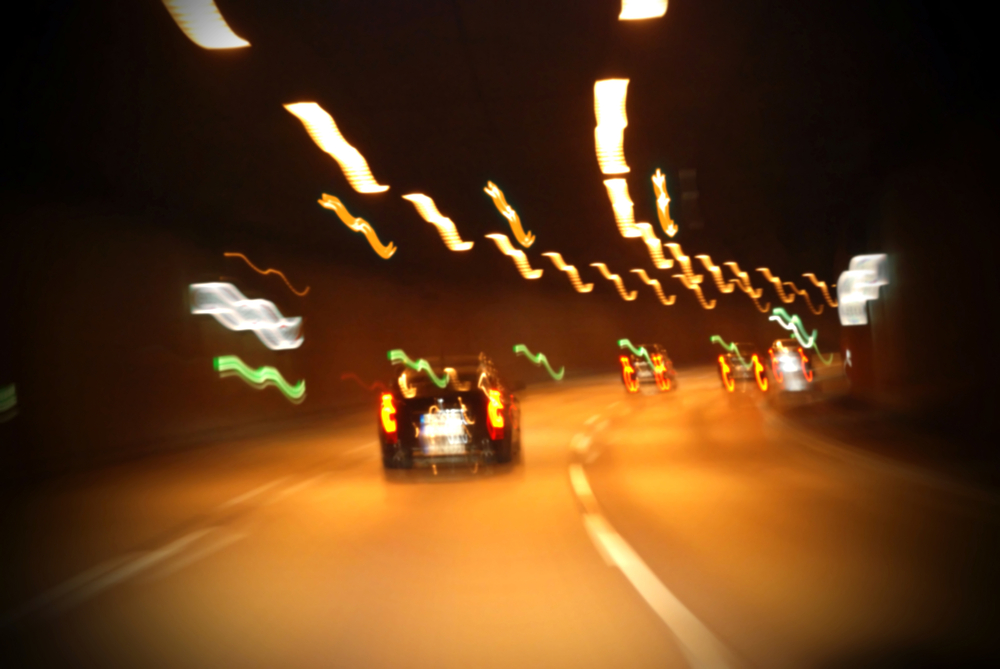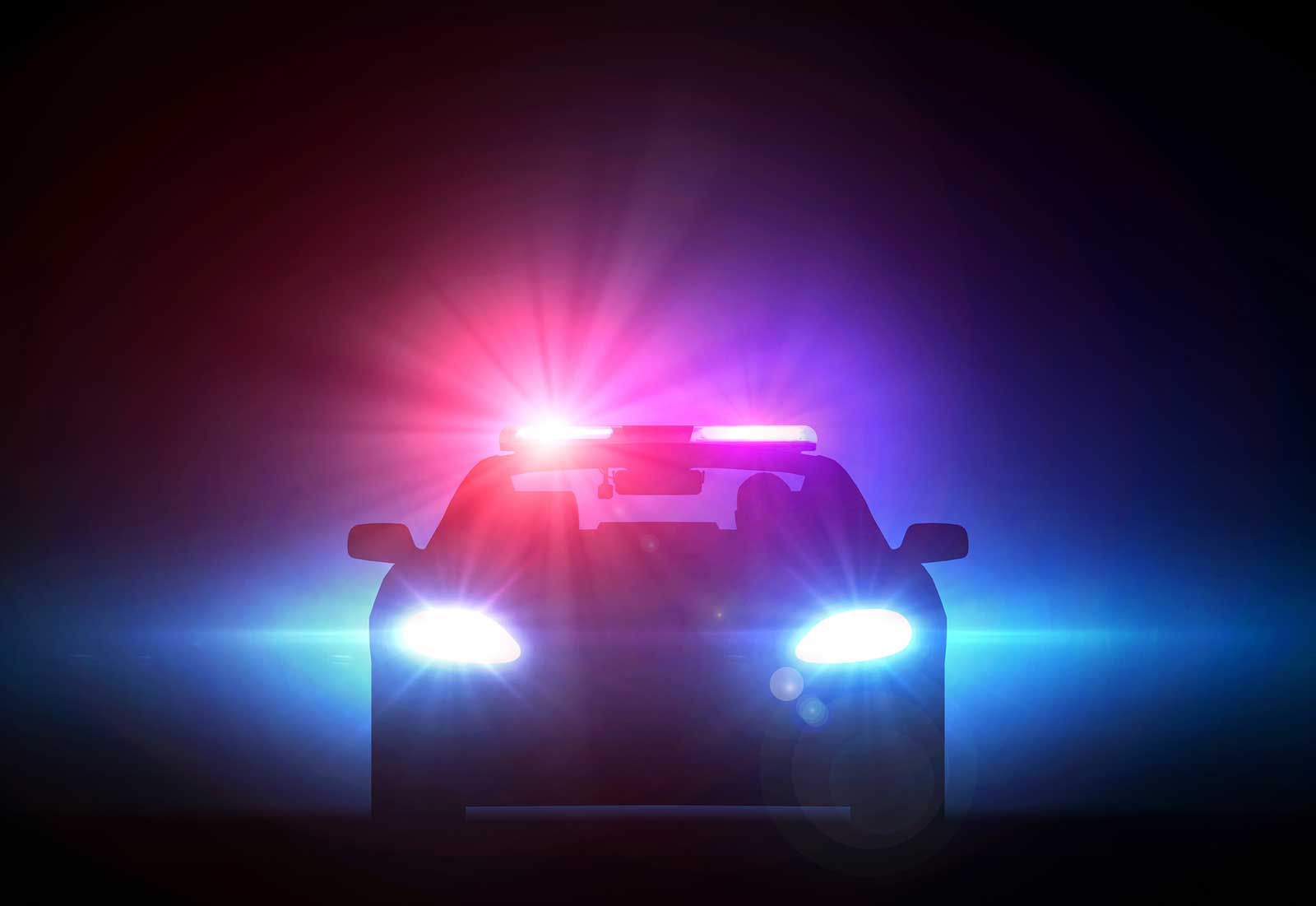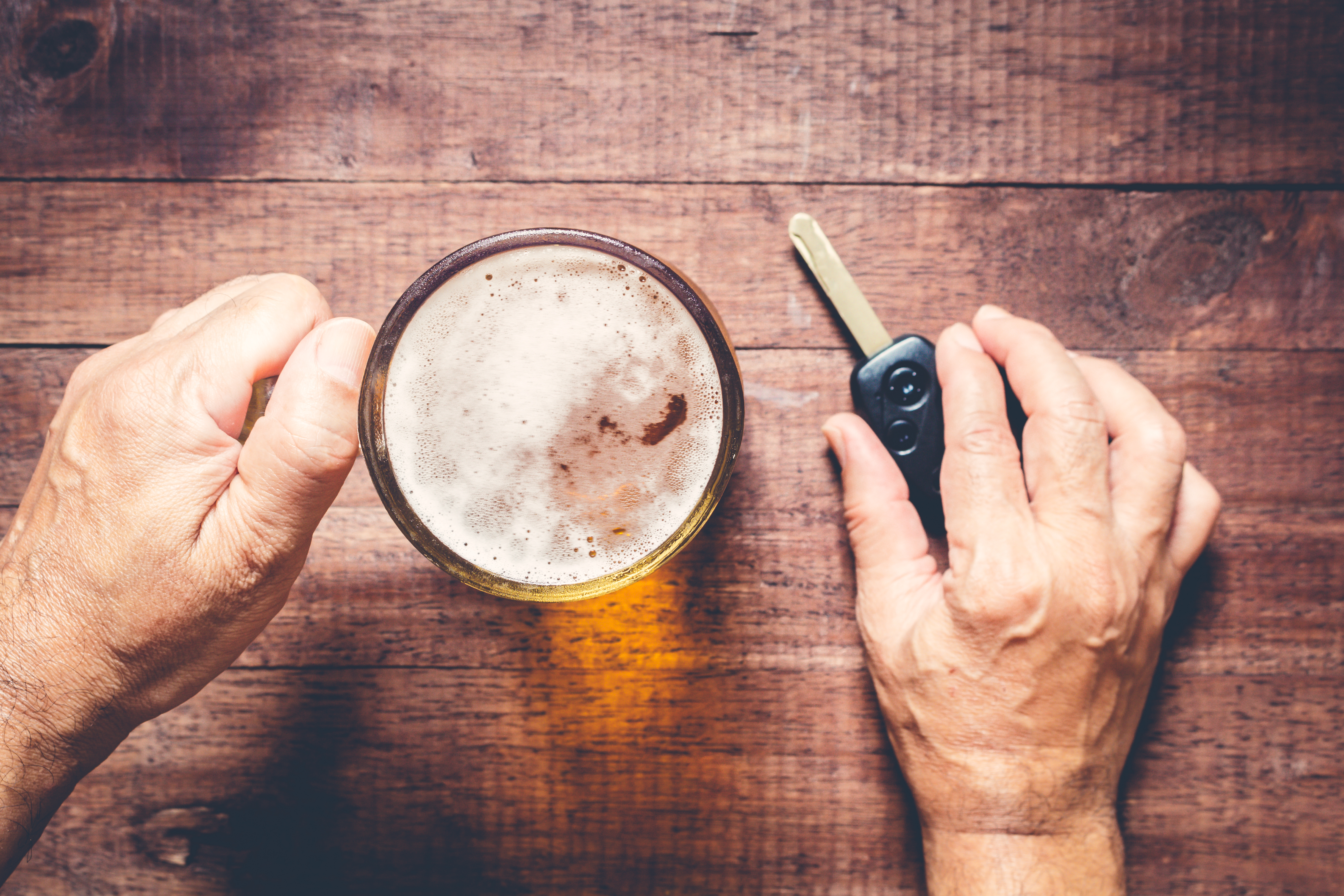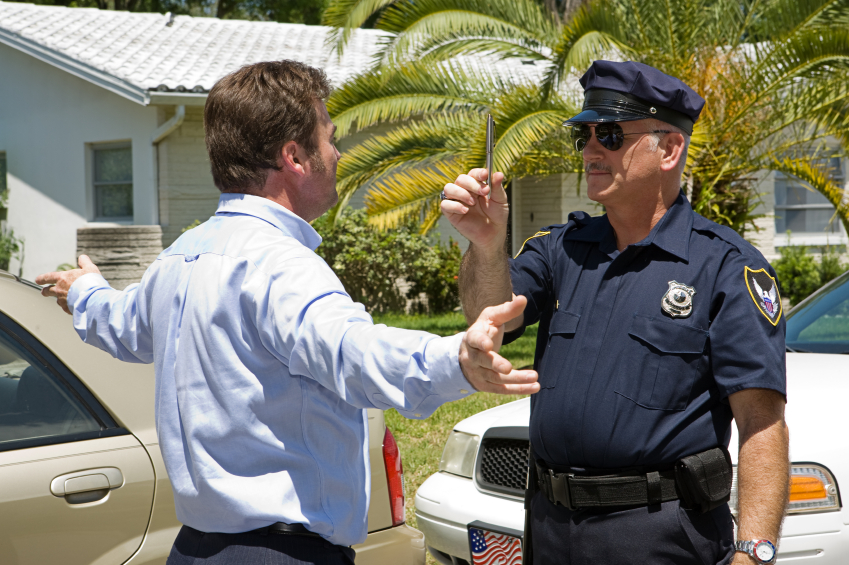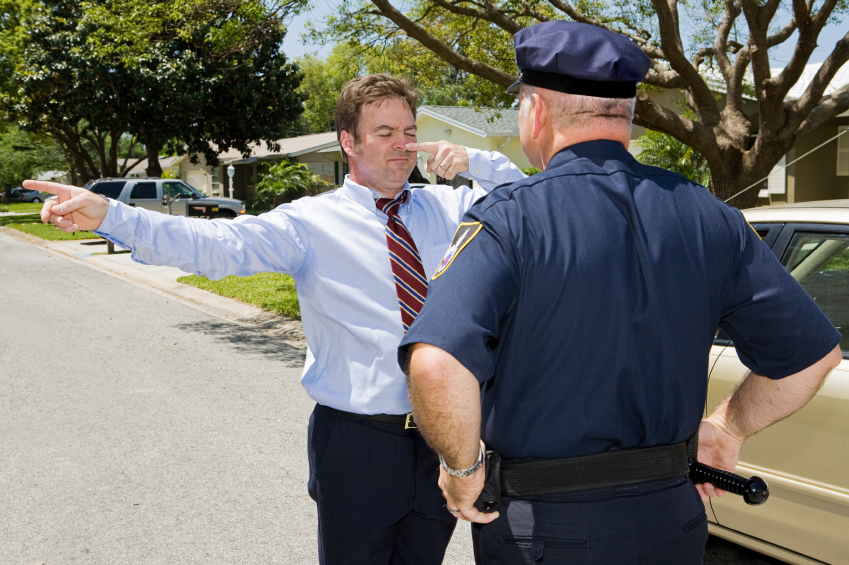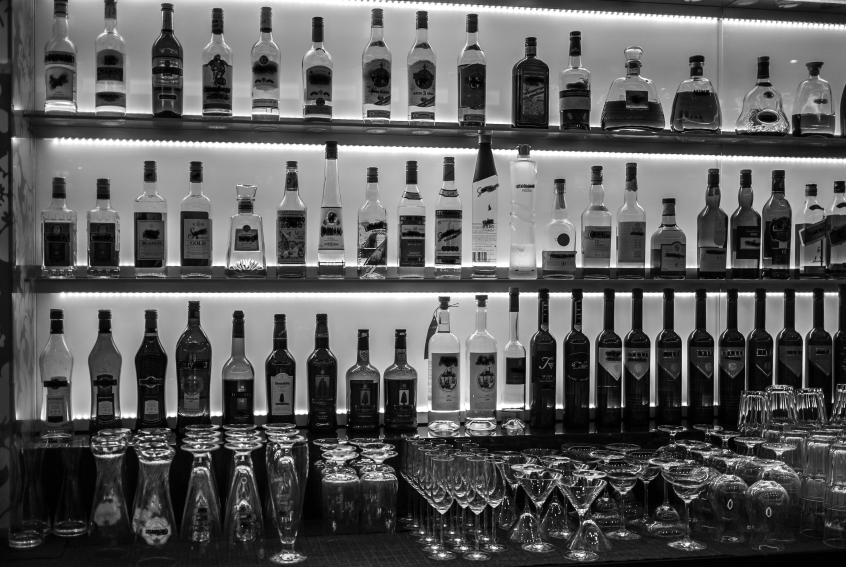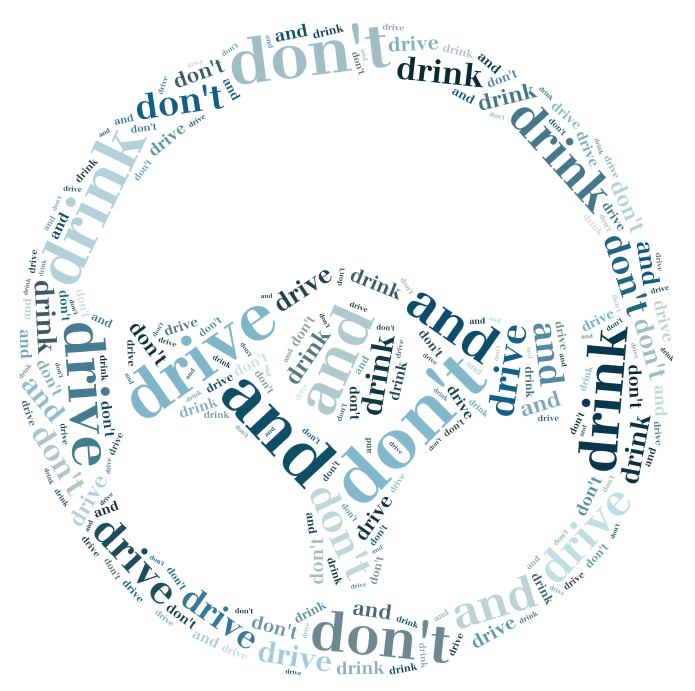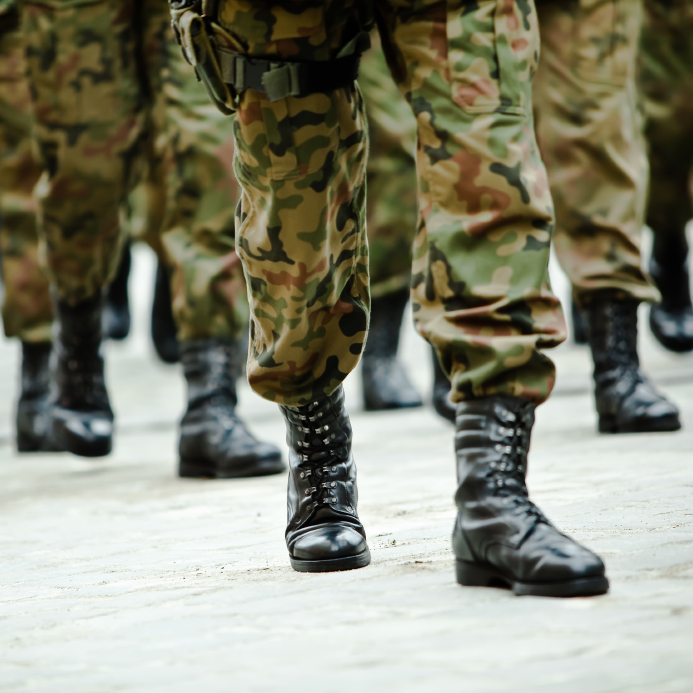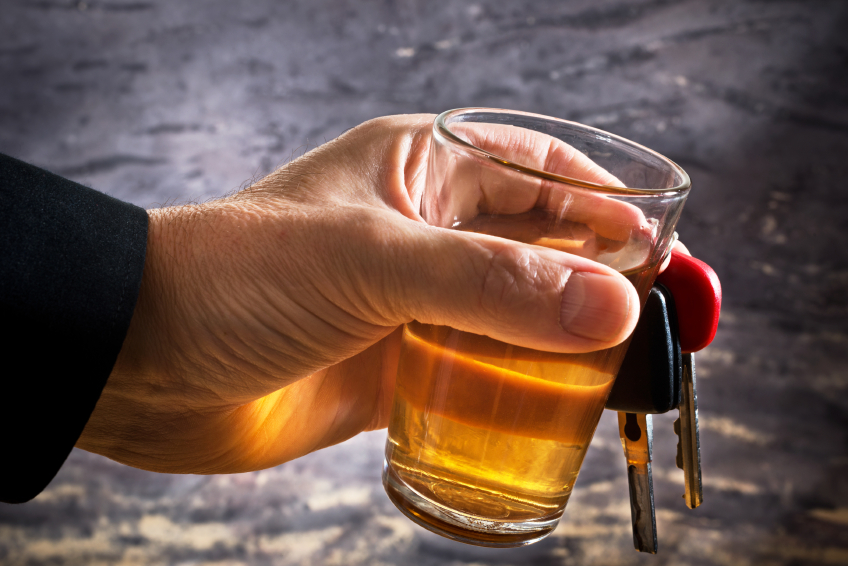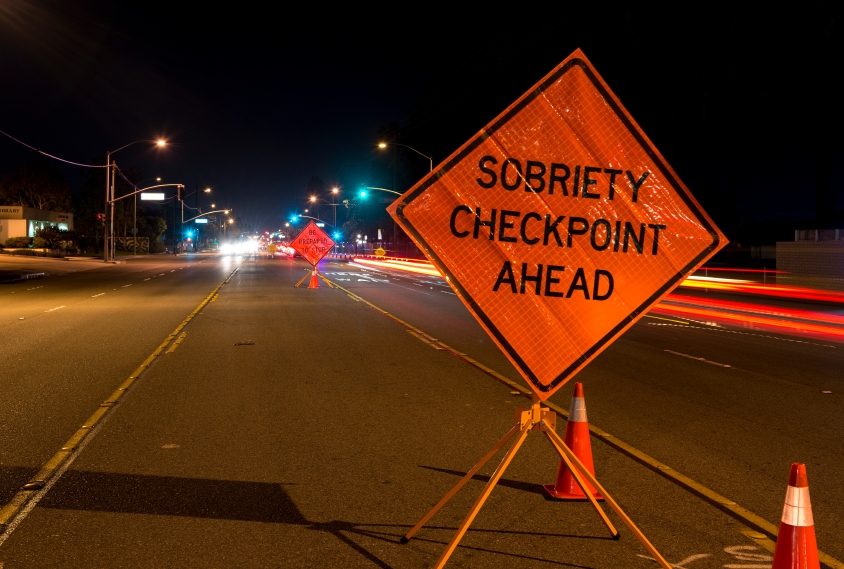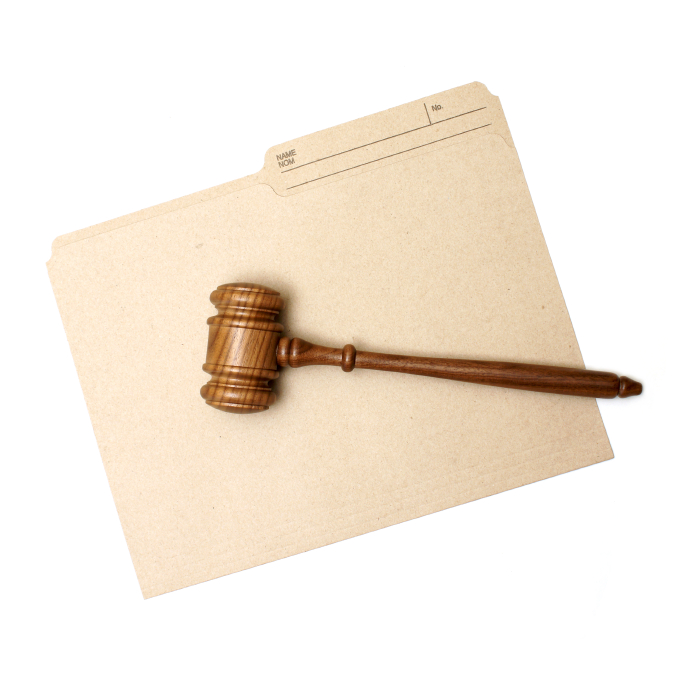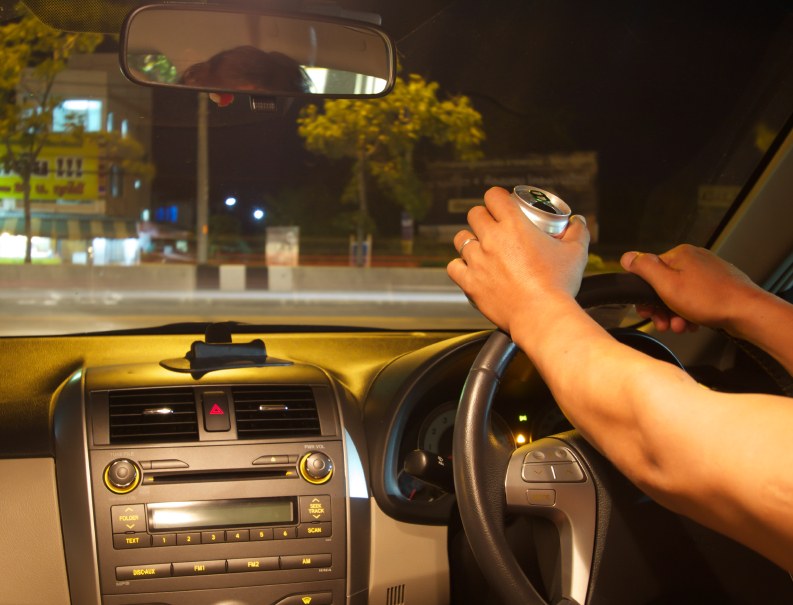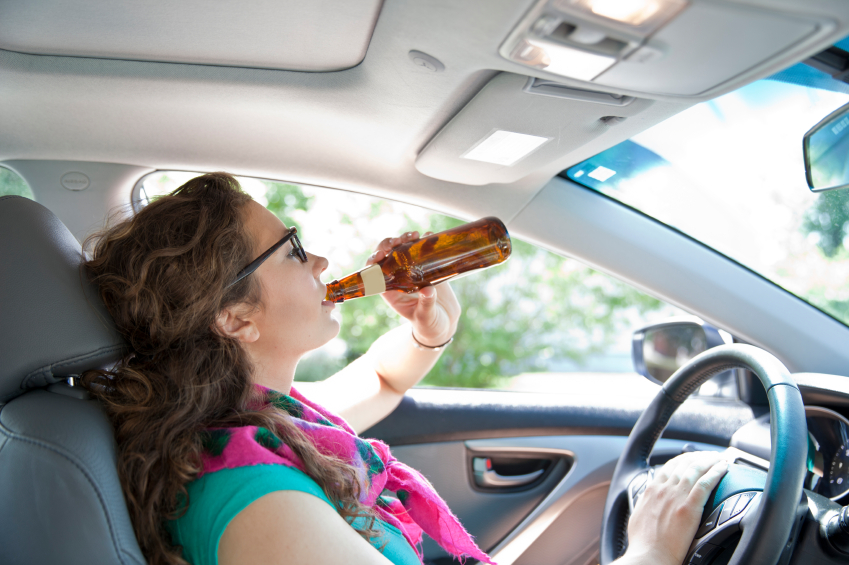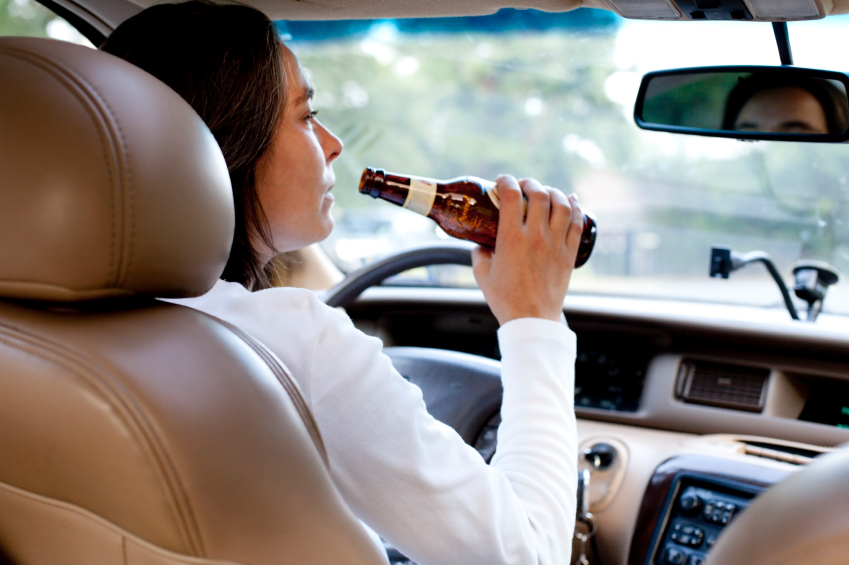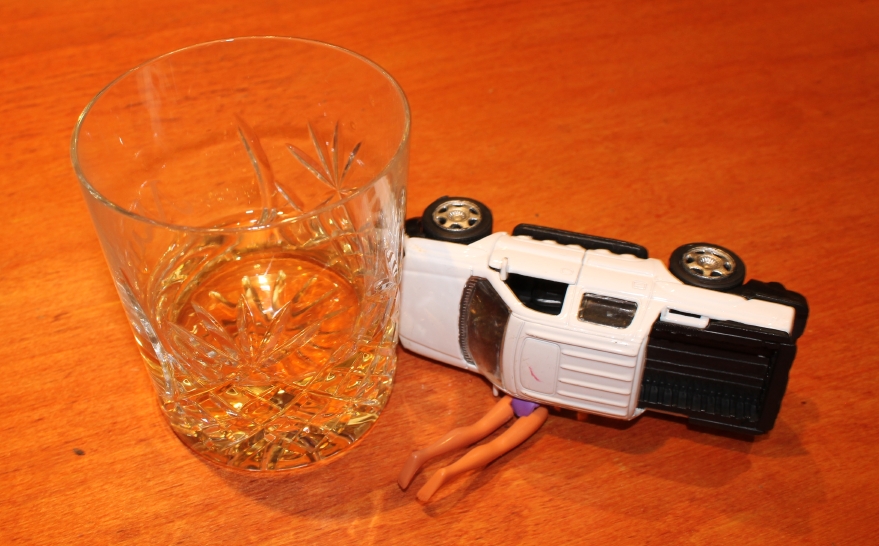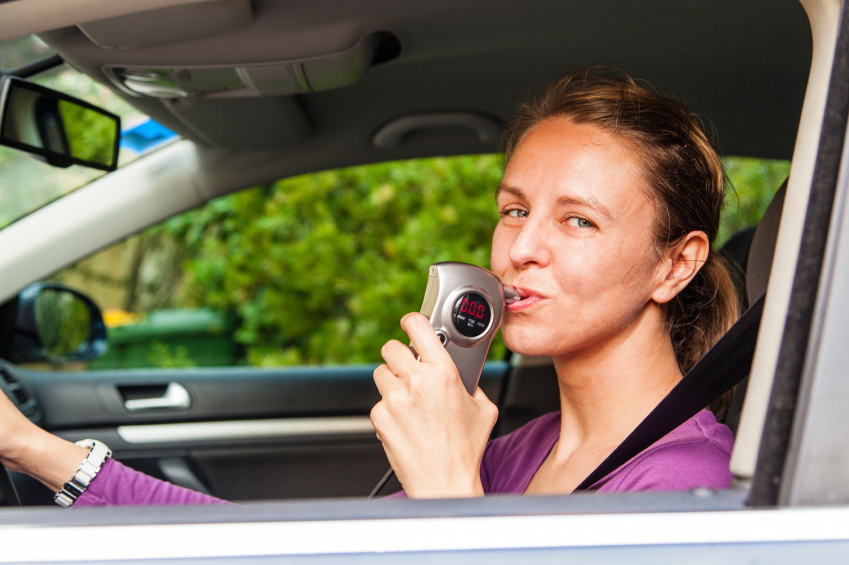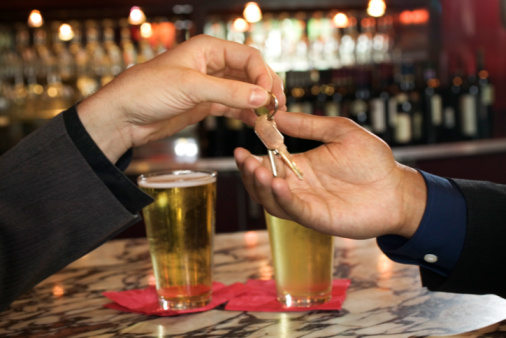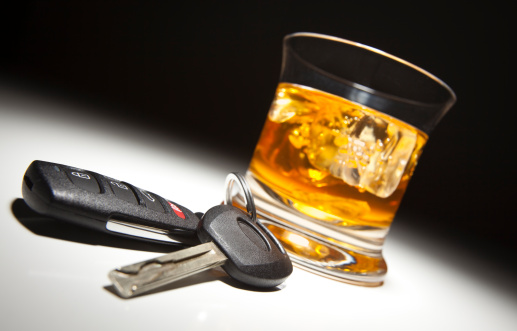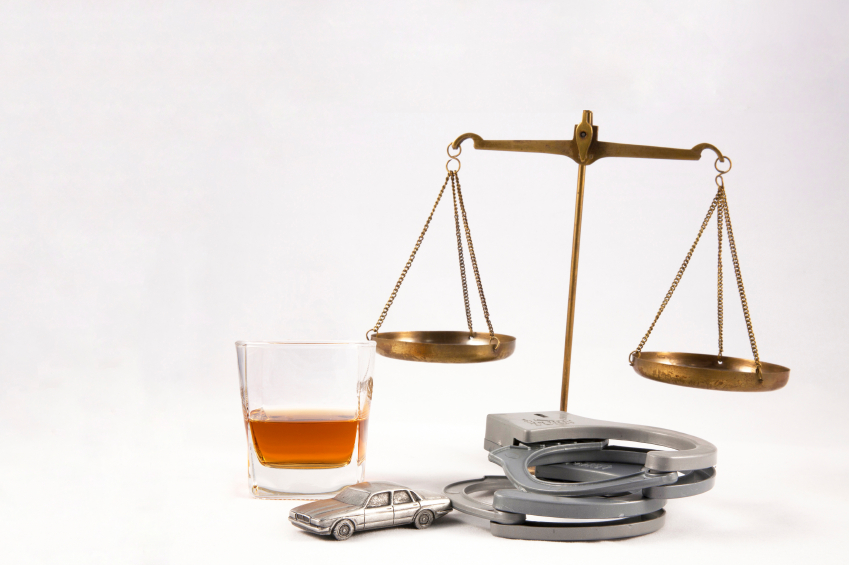
Sobriety Checkpoint: The Things You Need to Know
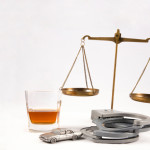 Law enforcement officers use a sobriety checkpoint as a tool to evaluate drivers for signs of alcohol and drug impairment.
Law enforcement officers use a sobriety checkpoint as a tool to evaluate drivers for signs of alcohol and drug impairment.
A checkpoint can be a stop on the freeway or any public road. It is usually decided ahead of time what the process will be to stop vehicles, such as every third car will be pulled over.
If you are stopped, the officer may ask for your license and registration. They’re really looking for signs of impairment and if they suspect you are under the influence of alcohol or drugs, they can perform a chemical test or drug evaluation.
What Signs of Impairment Are They Looking For?
The most common signs of impairment that are looked for at a sobriety checkpoint include:
- Blood shot eyes
- Slurred speech
- The odor of drugs or alcohol
- Admission to using drugs or alcohol
- Physical signs of intoxication such as fumbling
- Inconsistent responses to answers
What Are Your Rights If You Are Stopped?
Firstly, you need to provide some form of identity such as your driver’s license and registration.
Legally, you don’t have to say a word. You can remain silent throughout the check. Admitting to taking drugs or drinking can actually be interpreted as admitting guilt. Rather don’t say a word.
What’s more, you are not legally obligated to take those field sobriety tests – the one’s where you’re asked to walk in a line or touch your nose.
However, under implied consent laws, you are obligated to submit chemical blood, urine or breath tests. These may be done at the sobriety checkpoint or you may be taken to a nearby testing facility.
Are There Requirements For Checkpoints?
Law enforcement are required to follow certain guidelines to ensure the sobriety checkpoints refrain from qualifying as unreasonable search and seizure. Other guidelines include:
- The checkpoint must be part of an ongoing program that deters drunk driving.
- There should be support from the judicial system.
- Procedures must be established for how to operate the checkpoint.
- Drivers must be well warned of an upcoming checkpoint.
- Police presence must be visible when approaching the stop.
- Should chemical testing be done, the logistics must allow speedy transport of suspects to a test site.
- If the original plans of a checkpoint change, these must be properly documented.
- The public must be sufficiently informed of a sobriety checkpoint with plenty of warning so they can avoid them if they wish to.
- Detection and investigation tools and techniques must be properly planned and standardized. These techniques should be performed by qualified law enforcers and must take place without impeding the traffic flow.
- When citizens are stopped, feedback should be requested to determine whether or not the program is effective.
Have Your Rights Been Upheld At a Sobriety Checkpoint?
If you’ve been stopped and unlawfully searched, you can contact an attorney from Dement Askew who will determine your options and legal rights.
If you have been charged with drunk driving at a checkpoint, get in touch with an attorney as soon as possible. Contact one in your area.

